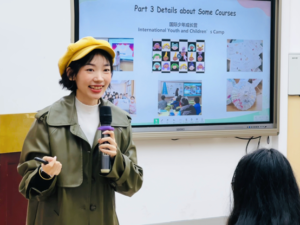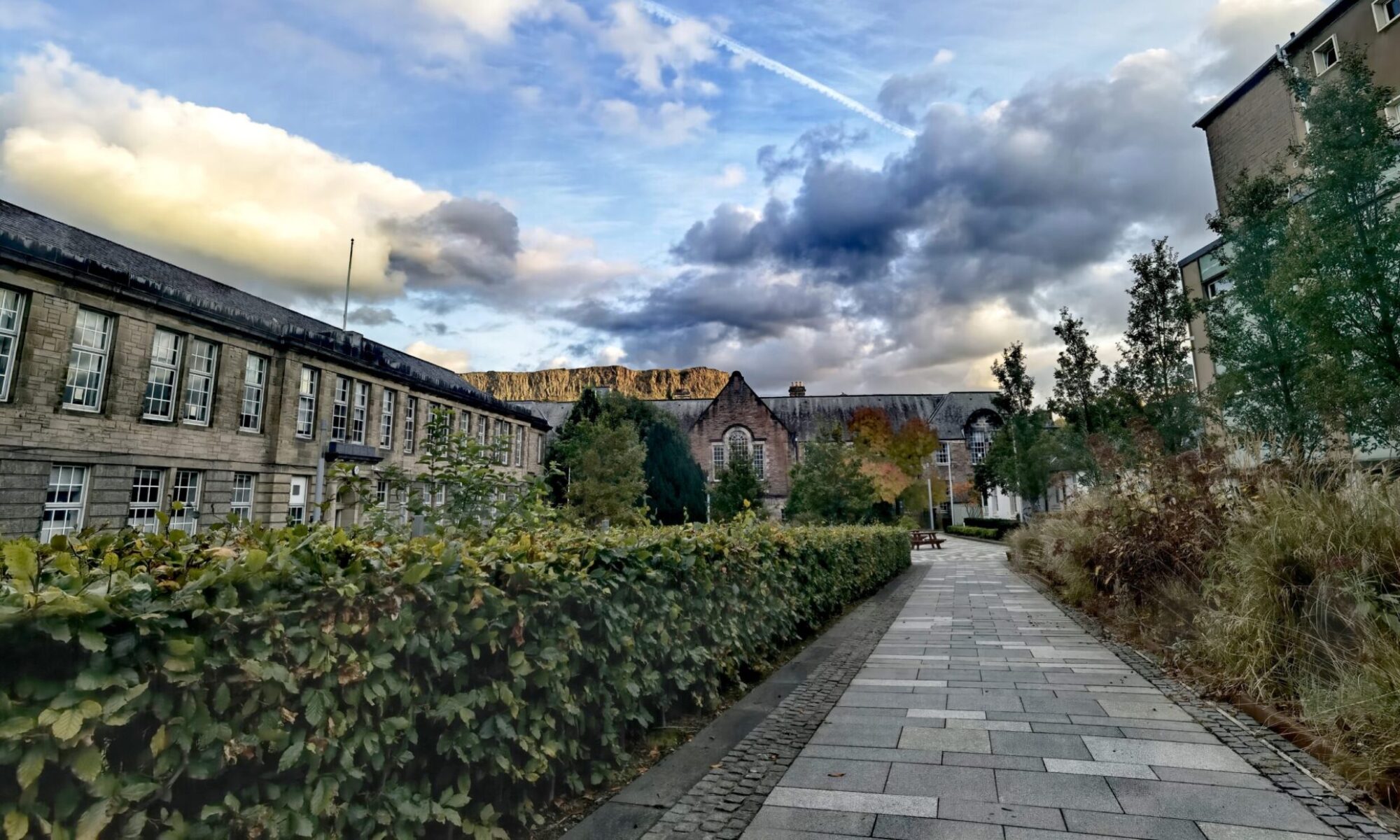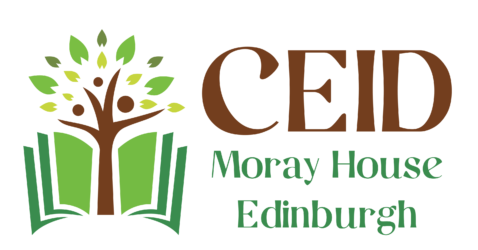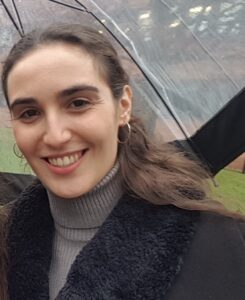
Nan Li, CEID Class of 2020
Nationality: Chinese
Current Position: Teacher at Hangzhou Youth & Children’s Center
I currently work as an educator at Hangzhou Youth & Children’s Center, a public welfare institute supported by both the Zhejiang Provincial and Hangzhou Municipal governments. With a mission to provide high-quality extracurricular education, the center offers a variety of classes in fields such as sports, arts, and more.
Since graduation, I’ve been a teacher in the International Culture School at the Hangzhou Youth & Children’s Center. My role involves teaching English to students, primarily minors, to build a strong language foundation for their future and develop their cross-cultural communication skills. Additionally, I oversee teaching administration and participate in curriculum research and development, creating new extracurricular programs that align with China’s Double Reduction Policy. On top of that, given my workplace’s focus on activity-based education, I also organize various thematic educational activities.
While this job may seem unrelated to CEID on the surface, when I reflect on my journey, it’s clear that studying CEID in Edinburgh provided me with the skills and knowledge necessary to excel in my current role. One of the courses I took, Youth Studies, sparked my passion for working with teenagers. I realized that a job in a youth-centered environment would provide the opportunity to gain practical experience and make a difference in the lives of young people. The transferable skills honed in CEID courses, such as critical thinking, cross-cultural understanding, and policy interpretation, also gave me the edge I needed to secure this position.
Another key difference between my current workplace and the public education system in China is the level of flexibility and autonomy we have in developing new curricula. Thanks to the theories and knowledge I gained in The Curriculum: Context, Change and Development course, I was able to work with my team to navigate the complexities of designing new programs. One of our latest curricula, the International Youth and Children’s Camp, is a speaking-focused program designed to develop teenagers’ intercultural communication skills. The program is designed to expose students to a wide range of cultures, including Hangzhou local culture, Chinese culture, and worldwide culture. The goal is for students to learn to confidently introduce their hometown culture in English, promote Chinese culture, foster patriotic sentiments, and ultimately develop an international perspective. Being able to apply the theories I learned to practical situations has been incredibly rewarding. The analytical skills I gained in the Education Policy and Politics of Education course were also invaluable in the development of this program, as they enabled me to delve into the Double Reduction policy and create an off-campus program that aligned with the policy’s principles.
This is a no-brainer to say that what I have gone through in CEID in Edinburgh has made who I am for the time being. The experiences I had in CEID courses, townhalls and related events as well as the skills I gained were like puzzle pieces, each one forming a part of the bigger picture of who I am today.



 Maria-Rafaela Kaldi, CEID class of 2020 Nationality: Greek Current Position: Education Policy and Research Consultant at the Global Education Monitoring (GEM) Report, UNESCO
Maria-Rafaela Kaldi, CEID class of 2020 Nationality: Greek Current Position: Education Policy and Research Consultant at the Global Education Monitoring (GEM) Report, UNESCO